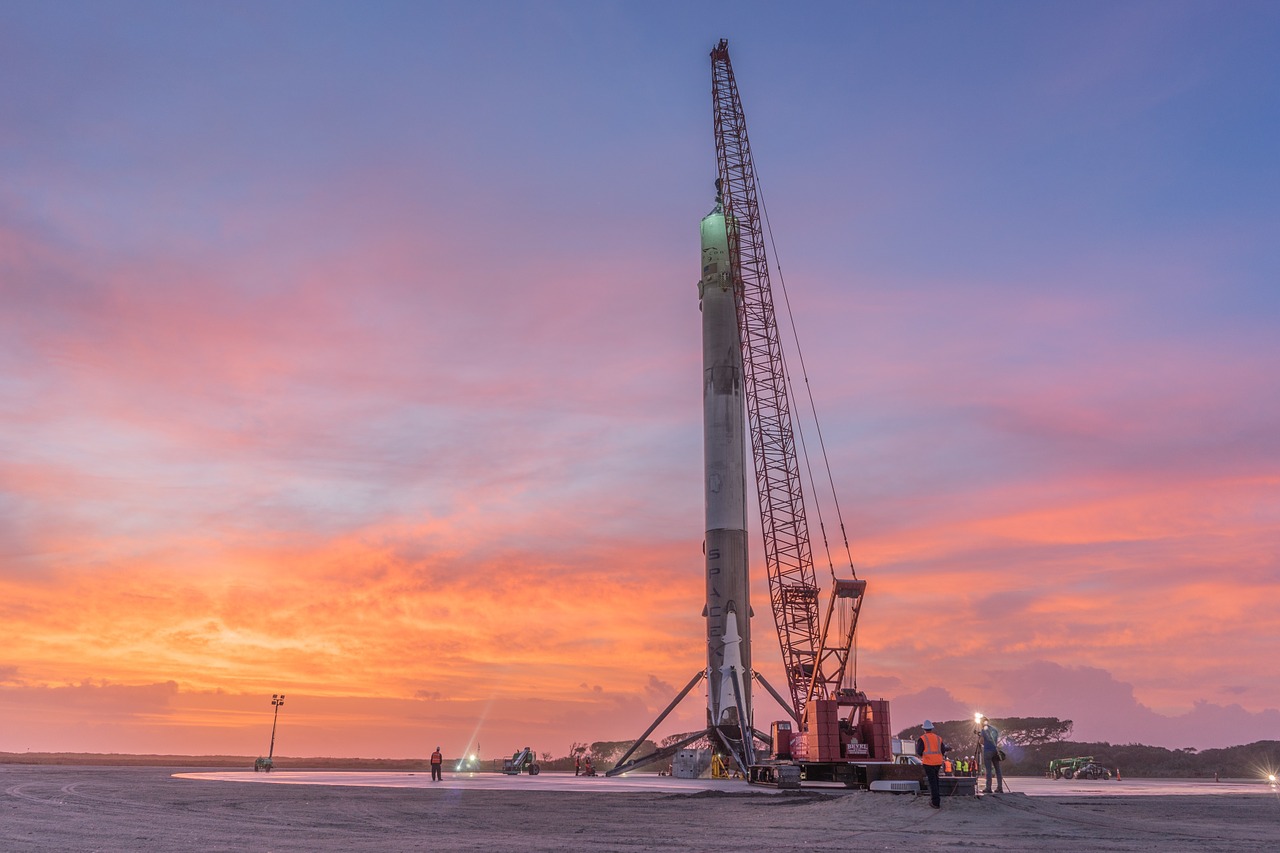
Aerospace manufacturer SpaceX has delayed its scheduled rocket launch on Sunday after an issue with engine power was detected prior to liftoff.
SpaceX decided to delay the launch of the Falcon 9 rocket moments before liftoff after computers detected an engine power issue. The rocket was scheduled to carry 60 more Starlink internet satellites into Earth's orbit.
The countdown clock at the National Aeronautics and Space Administration's (NASA) Kennedy Space Center in Florida made it all the way to zero and a launch official was heard giving the final updates, "ignition" and liftoff!" before the announcer said: "Disregard, we have an abort."
On the company's webcast, Michael Andrews, a supply chain supervisor at SpaceX, explained that the hold was triggered by computers. These computers constantly monitor the rocket's data in the moments before liftoff and can automatically halt the engines from firing if any abnormal readings are detected.
There have been SpaceX rockets in the past that experienced launch aborts but later go on to complete successful missions after engineers investigate the problem. The company tweeted that it "will announce next launch date opportunity once confirmed."
The Falcon 9 will be transporting 60 internet-beaming satellites that will join the existing approximately 300 other satellites that SpaceX previously launched for its Starlink constellation.
The Starlink system is aimed at providing cheap, high-speed broadband across the globe using thousands of tiny satellites. SpaceX has been deploying satellites at a rapid pace over the past few months.
According to SpaceX chief executive officer (CEO) Elon Musk, he plans to sign up the first Starlink customers this year. The internet service will first be launched in the US and Canada.
Meanwhile, experts have expressed concern over the possibility of space debris and the risks of in-orbit collisions between Starlink satellites and other constellations planned by companies like OneWeb and Amazon.
Astronomers also pointed out that Starlink satellites might affect the visibility of the night sky. However, Musk has assured that both issues will not be caused by Starlink.






